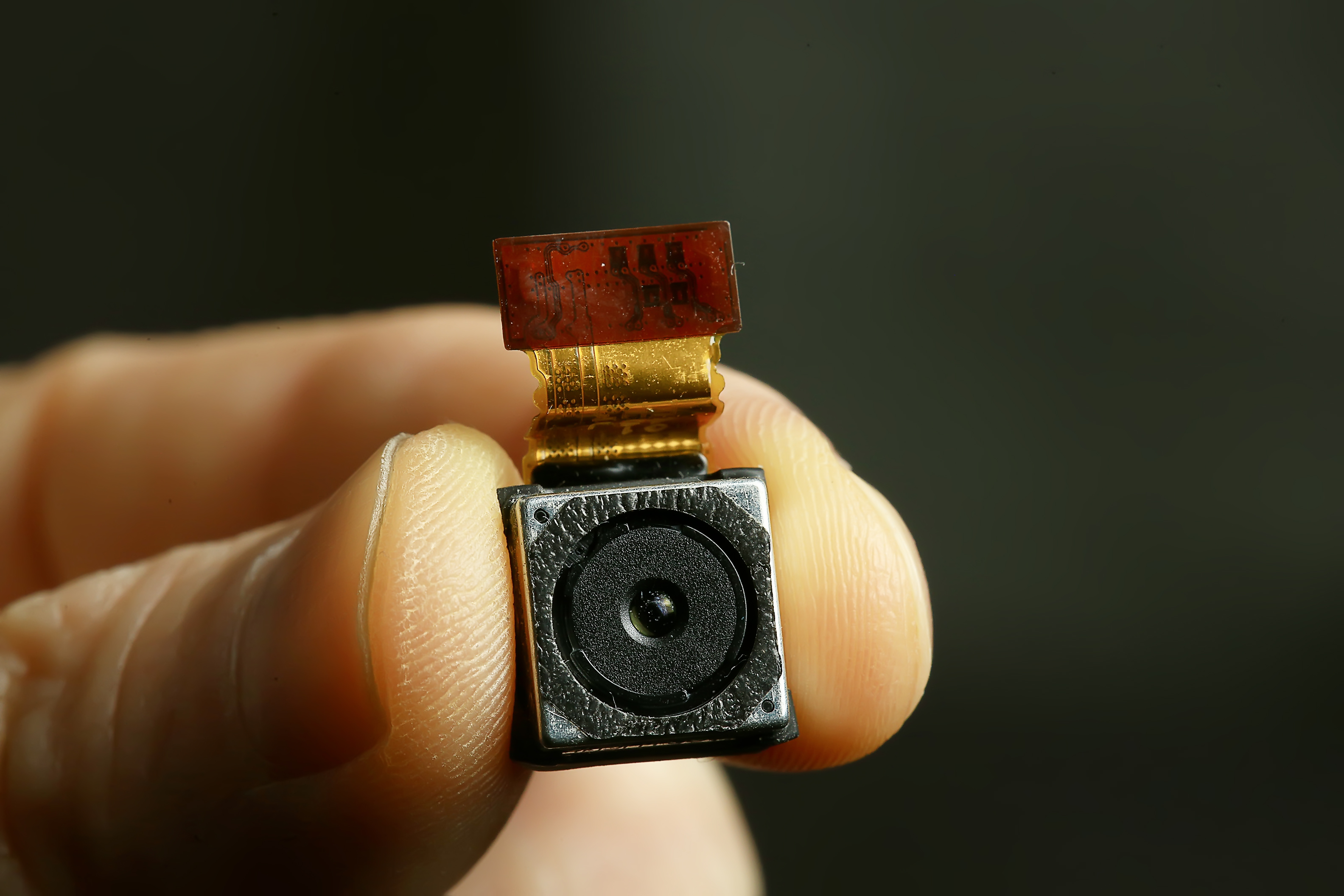Share This Article
By Sahar Adatia and Jimmy Singh.
An international student accused of installing a hidden camera in a communal shower cubicle at an on-campus residence at the Australian National University in Canberra has been released on bail.
According to news reports, on 1 July 2020, Junqi Huang – dubbed a “super brain” mathematics student – was charged with allegedly attempting to observe another person in circumstances that would be considered indecent or a breach of privacy.
One of the alleged victims of the 22-year-old Chinese national, who is also studying at the Canberra university, claims to have discovered the camera two weeks after Mr Huang allegedly positioned it in a shower cubicle at the campus property.
At Mr Huang’s hearing at the Magistrates Court of the ACT, police informed they examined CCTV which allegedly revealed the student going into the bathroom.
Shortly after, he was arrested.
The international student’s mobile phone and laptop were also seized so police could probe whether he had committed similar offences.
He was banned from the Australian National University.
Mr Huang’s Lawyer Argues No Basis Why Student Wouldn’t Comply with Bail Conditions
During the hearing, Mr Huang’s lawyer stated the man had no criminal history record.
With this in mind, he argued there was no basis to suggest the student would fail to comply with bail conditions.
Prosecutors contested the release of Mr Huang, highlighting concerns he might interfere with evidence or even try to leave the country.
Nevertheless, Chief Magistrate Lorraine Walker made the assessment that it was unlikely he would tamper with evidence as his devices had already been detained, while is eviction from the university campus meant he could not return there.
As for his Visa, this would be determined elsewhere.
“His visa status is a matter for the immigration authorities,” Chief Magistrate Walker said.
Ultimately, Mr Huang was granted bail on the condition he surrender his passport and reside where directed by ACT Corrective Services.
The international student is due to return to court later this month to enter pleas.
The Increasing Trend of Hidden Spy Cameras Filming Women
From changerooms to public toilets, increasing numbers of women are being secretly filmed on clandestine spy cameras as covert recording technologies become cheaper and more readily available, according to experts.
The Independent reports that people are progressively installing concealed cameras in rental and student properties, or public spaces including toilets, swimming pool changerooms, cubicles and tanning salons, as a means to capture photos of women engaging in private acts without their consent.
The content is then being shared to porn websites, where it is believed there is a growing market for voyeuristic material.
Worryingly, the extent of the problem is being overshadowed because due to the hidden nature of the crime, most women are not aware that they are being filmed.
In fact, in the last five to seven years, the use of spy cameras has grown exponentially, particularly as gadgets become less expensive and technology advances.
In NSW, filming people on hidden spy cameras without their consent while they engage in private acts is a criminal offence and carries harsh penalties, including jail time.
In NSW, it is an offence to film a person engaged in a private act without consent, knowing that person does not consent to being filmed for that purpose and where it’s done for the purpose of obtaining or enabling someone else to obtain either sexual arousal or gratification.
In NSW, the offence of filming a person engaged in a private act is set out in section 91K of the Crimes Act 1900.
The offence is taken seriously by the courts and as such carries a maximum penalty of two years in jail, or a fine of $11,000, or both.
However, if the offence is committed in circumstances of aggravation – which is where there were factors present that made the offending more severe – the maximum penalty jumps to five years in jail.
Circumstances of aggravation include those where the person filmed is under 16 years of age, or you constructed or adapted the structure of any building for the purpose of facilitating the commission of the offence.
Have questions? Get in touch with our team of criminal lawyers, Sydney based today.
Book a Lawyer Online
Make a booking to arrange a free consult today.
Call For Free Consultation
Call Now to Speak To a Criminal Defence Lawyer
Over 40 Years Combined Experience
Proven SuccessAustralia-Wide
Experienced LawyerGuarantee
 (02) 8606 2218
(02) 8606 2218
 (02) 8606 2218
(02) 8606 2218














